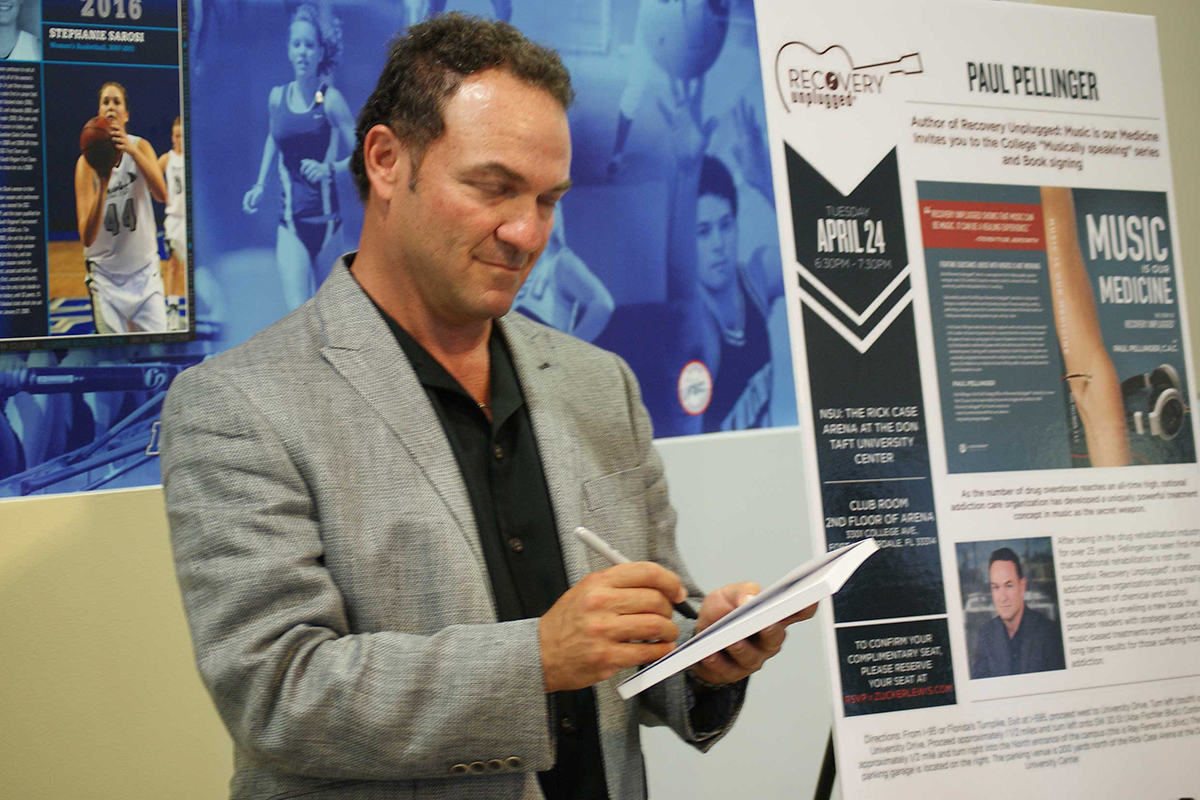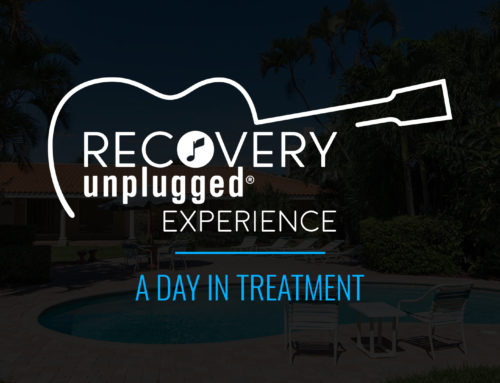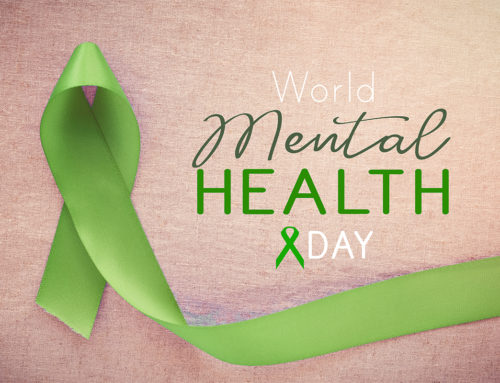I’ve never experienced love like the love I had when my children were born. Nothing changes my mood or puts me in the proper mindset the way my children do, and I’ve never been more grateful for anything than when I get to hold them. As much as people have started talking about the opioid crisis, and what we can do to help people from becoming the next victim, there aren’t enough people talking about how the epidemic has affected their loved ones. There’s a reason why the term “family disease” was coined– although most people and treatment centers are doing their utmost to help the identified patient recover, it makes it difficult for clients to commit to recovery if their families aren’t on board or supporting them. Unfortunately, in addition to the over 70,000 people who die annually from addiction-related issues, thousands of children are being affected by the crisis.
Children will often bear the brunt of their parents’ mistakes. That’s why Children Services Association has dubbed children of parents addicted to opioids the “invisible victims of the epidemic.” As a result of this intergenerational disease, children of addicts disproportionately deal with the baggage and wreckage of second-hand drug abuse. In a study published by the medical journal JAMA Pediatrics, between 2000 and 2017 there was a 147% increase in foster care entries that arose as a result of parents’ drug abuse. Entries spiked during the final five years of the study, an increase which correlated with surges in opioid use and overdoses according to the Centers for Disease Control and Prevention (CDC).
The Influx of Addiction-Related Foster Care Entries
Between the years 2000 and 2017, parental drug use accounted for more than one million foster care entries, representing 23% of all cases. Due to the ever-increasing number of children entered into the system as a result of their parents’ drug abuse, the foster care systems in many states are struggling to manage the influx of children. According to a report published in 2016 by the U.S. Department of Health & Human Services Children’s Bureau, 32% of children were removed from their homes due to drug abuse by at least one parent, and that number in and of itself may be skewed. Nearly a third of children currently entered in the foster care system have been directly impacted by the epidemic, a number that doesn’t include the children who are placed with relatives. It doesn’t matter if you come from a park bench or Park Ave., this disease doesn’t discriminate, and can alienate children from their parents.
Another study published by CNN analyzed the number of foster care entries in the Adoption and Foster Care Analysis and Reporting System. While the study didn’t specify the kind of drugs abused by the parents, experts place the blame for the growing number of children who have been essentially abandoned by their parents on the heroin and opioid epidemic. Although it’s hard to quantify exact figures correlating the rise in heroin and opioid use with the rising numbers of children in the foster care system, corresponding data seems to confirm this theory. Over 2.7 million grandparents or other relatives are raising children that aren’t their own across the United States, and the rate of babies born with neonatal abstinence syndrome has increased five times over the course of a decade.
For those working as social workers in the foster care system, the drug crisis presents a distinct set of challenges. Many of the babies born with neonatal abstinence syndrome can experience symptoms for as long as four to six months, all the while waiting in the hospital for a foster family that has the resources to take care of them. For children separated from their parents at older ages, it can be hard to process and understand why they can longer be kept in their care. This can be doubly troubling due to the fact that more often than not, these children will need special care and counseling to help them work through the trauma of family separation. It’s heartbreaking to face the reality that so many children are left to navigate the world without the love and guidance of their parents, and that so many of these children will internalize this drug abuse and wrongfully place the blame on themselves. Yearning for a relationship with an absent parent can imbue children with a deep sense of loss from a young age. Foster parents are intended to serve as a support system during a temporary displacement, but data shows that children of addicts are staying in foster care for even longer periods of time while they wait for their parents to get clean, which sometimes doesn’t happen.
Overcoming an Intergenerational Disease
There is ample evidence of a genetic predisposition toward substance among individuals whose parents or grandparents have struggled with alcohol and other drugs. This predisposition can be compounded by a perceived lack of love, poor coping skills, or low self-esteem, all of which may be furthered by the trauma of being separated from their parents. If children aren’t getting the love and validation needed to form a healthy self-image from their parents, it can be hard for them to believe that they are worthy of it from not only others, but also from themselves. If their parents are addicted, how can they teach their children these skills? In the future, many of these children will have to focus less on the “why” of their circumstances and more on the “how” they can get through them and still find the health and happiness they deserve.
With almost every tragedy like this crisis that has displaced millions of children, there are solutions, and even in this case, music can be part of these solutions. Although there are legitimate reasons substance abusers have become the way they are, until everyone grows into the responsibility and acceptance required for recovery, no amount of action will be able to unstick the belief that they can’t overcome addiction. Music can help tear down the emotional barriers and the erroneous thought processes that lead people to the belief that they aren’t strong enough to overcome the circumstances that led them to their abuse. Although these parents and children might have been victims of a disease that doesn’t discriminate, we need to let go of the victim mindset and engage the root issues of addiction with the belief that we can overcome addiction, even if it’s just for today. Even though we once might have been victims, we aren’t anymore, and I’ve never met a victim who recovers.
Since becoming a father, I’ve always done my utmost to make sure that my sons feel loved and confident in who they are. As someone who has struggled with addiction and found the road to recovery, I’m committed to making sure that my children understand how much I value and need them. My children are the reason why I’ve worked so hard to help create our one of a kind music assisted treatment program at Recovery Unplugged– music speaks to the soul, and can help people overcome their substance abuse and be reunited with the ones they love. Music can help bring families back together again, and can help people heal from the wounds of the past.







